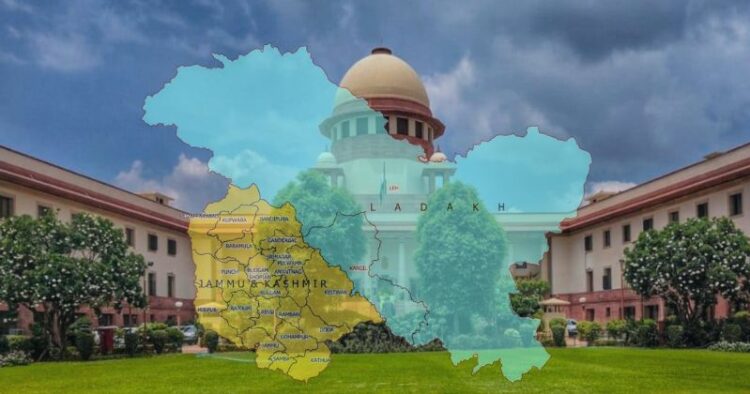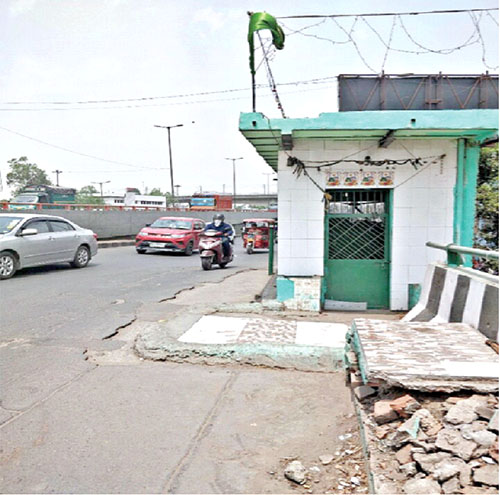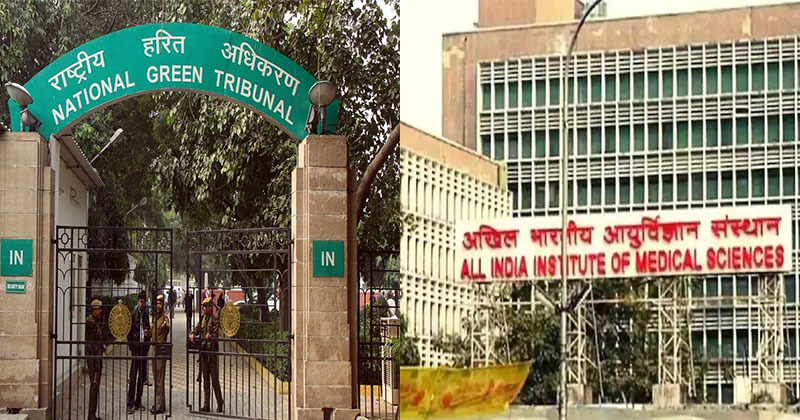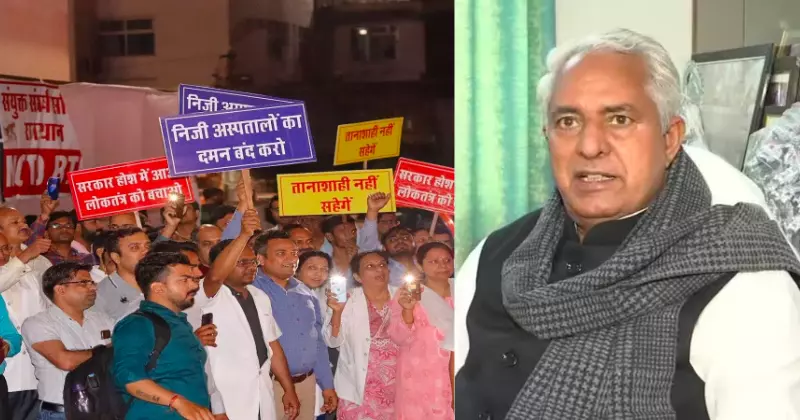The Supreme Court’s Constitution Bench is likely to start hearing pleas challenging the amendment of Article 370, which gave a special status to Jammu and Kashmir, in August, though the cases have been listed on July 11. While hearing Teesta Setalvad’s bail plea in a Gujarat Riots case for fabrication of evidence, Justice BR Gavai revealed that the court would start hearing the pleas in August.
Teesta Setalvad’s counsel, Senior Advocate Kapil Sibal, suggested that her bail plea is heard in August. Justice BR Gavai replied, “It will be too late because we will begin hearing the challenge against Article 370.”
Kapil Sibal responded, “I thought it was going to begin on July 11.” However, Justice Gavai clarified that the case is listed on July 11 for directions and hearings would begin in August. He said, “That is only for directions. Tentatively, we will be starting in August.”
The matters have been posted on July 11 “for directions,” which means that the stipulated date is to complete procedural formalities, such as filing documents and submissions, setting the order of arguments and allocation of time.
Recently, a Constitution Bench was set up to hear the cases concerning challenges to the amendment of Article 370. The Constitution Bench comprises Chief Justice DY Chandrachud, Justice SK Kaul, Justice Sanjiv Khanna, Justice BR Gavai, and Justice Surya Kant.
On August 5, 2019, the Government of India amended Article 370, scrapping J&K’s special status. The government further notified the Jammu and Kashmir Reorganisation Act, 2019, which divided the erstwhile state into two Union Territories – Jammu and Kashmir, and Ladakh. The erstwhile J&K state was infamous for observing shutdowns, witnessing stone pelting and separatists delivering anti-national sermons.
The hearings against the amendment of Article 370 commenced before the Constitution Bench in December 2019, four months after the Government of India’s notification. One of the issues before the court concerned whether the matter should be referred to a seven-judge bench, in light of alleged divergence of opinion by two coordinate benches of the court. However, on March 2, 2020, Constitution Bench held that there was no need to refer the matter to a larger bench. Of the previous bench which heard the case, Justices NV Ramana and Subhash Reddy have retired. Chief Justice DY Chandrachud and Justice Sanjiv Khanna are the new members of the Constitution Bench.
A number of petitions are moved before the Supreme Court, including those of private individuals, lawyers, activists and politicians and political parties challenging the Jammu & Kashmir Reorganisation Act, 2019, which splits Jammu & Kashmir into two Union Territories, Jammu & Kashmir, and Ladakh.
Notably, one of the petitioners, IAS officer Shah Faesal, has said that the matter now is a “thing of the past.” The bureaucrat said that he had withdrawn his petition challenging the Presidential Order to scrap Article 370 a long time back. “I have withdrawn the petition in the Supreme Court challenging the Presidential Order to scrap Article 370 long ago,” IAS officer Shah Faesal said. The court would also hear whether Faesal’s petition can be withdrawn.
“370, for many Kashmiris like me, is a thing of the past. Jhelum and Ganga have merged in the great Indian Ocean for good. There is no going back. There is only marching forward,” Shah Faesal said in his tweet. The 2010 batch IAS officer, Shah Faesal, resigned from service in January 2019 floating his own party – Jammu Kashmir People’s Movement – with Shehla Rashid. However, he resigned from his own political outfit in August 2020, after which the Government of India reinstated him in service.
Shreeyash Mittal is a lawyer based in Delhi, working as a Senior Associate (Corporate Law) at K&Co. Advocates & Legal Consultants in Noida. He graduated from Jindal Global Law School with honors, receiving awards for his outstanding contributions and leadership. Shreeyash is passionate about using new technologies to help clear the backlog of legal cases in India.
























Comments